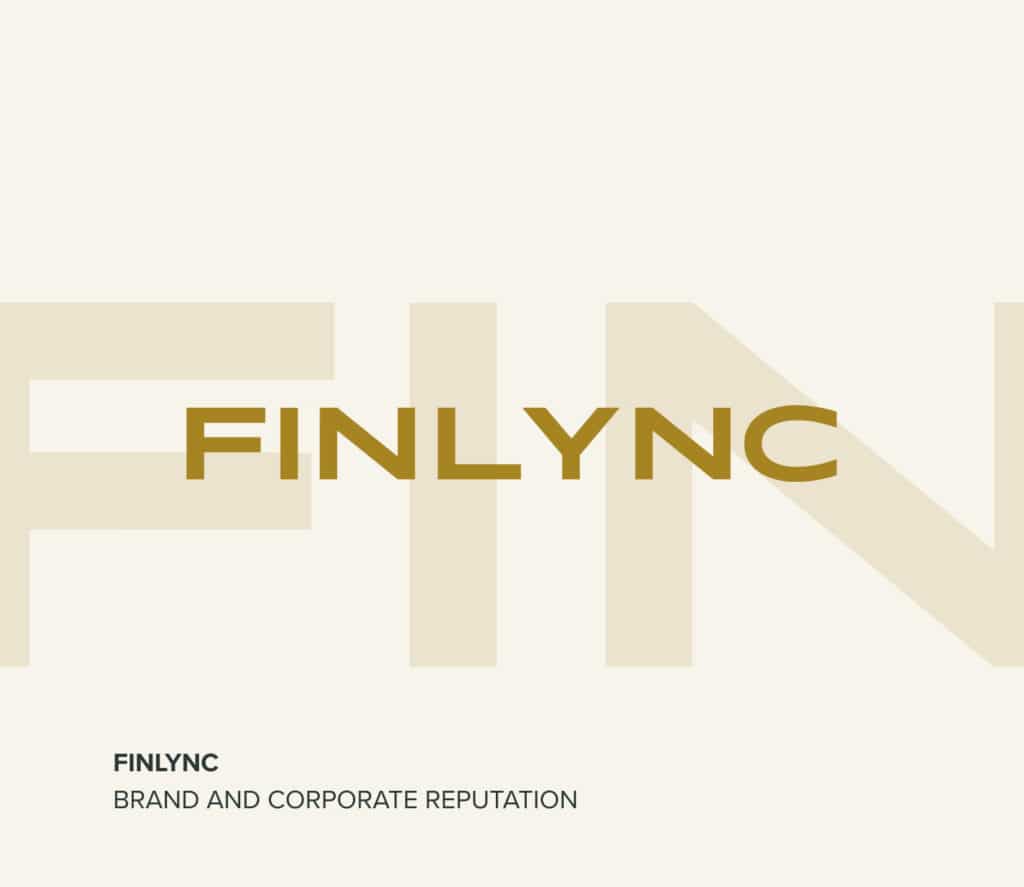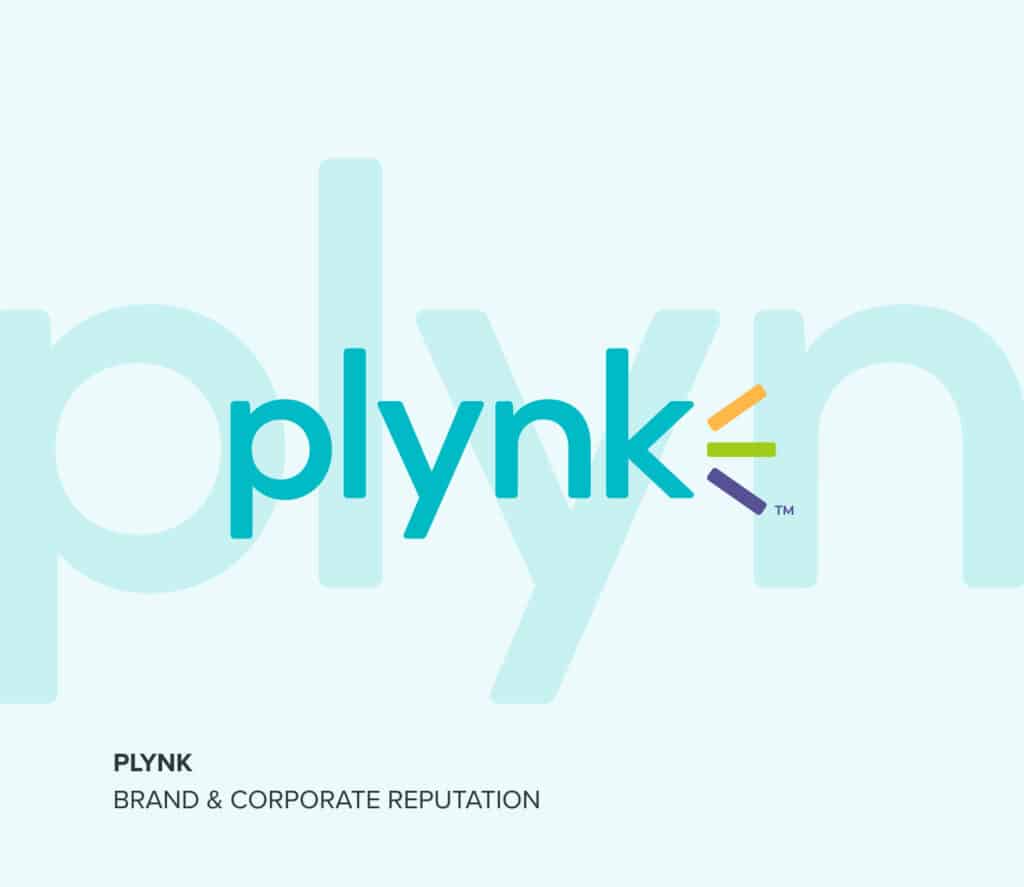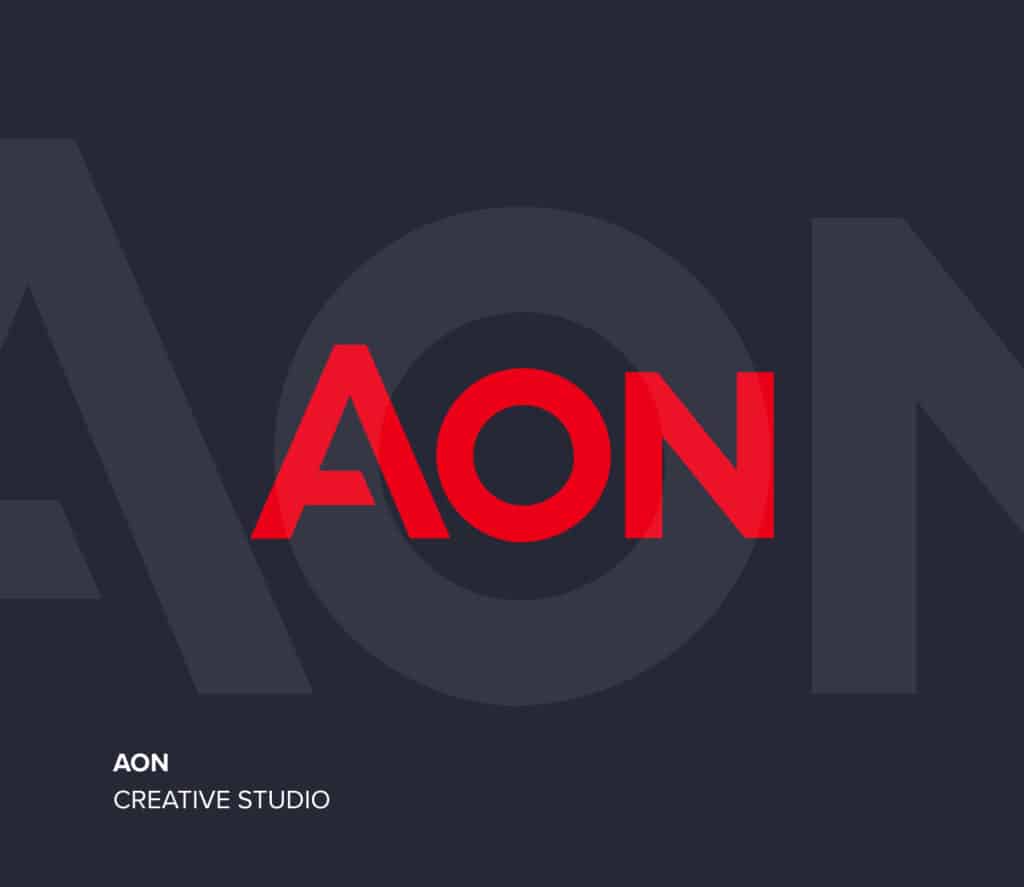A series on the impact of Covid – One Year On
As we reach one year on from lockdown beginning in the UK and Covid-19 impacting the lives of billions of people around the world, Katie Spreadbury, Managing Director, has been discussing the impact it’s had, what trends are here to stay and what this means for communications and marketing with our Change Agents. As experts in trends, society, psychology, change and data their input can help us all to navigate the changes we’ve experienced and those still to come.
To kick off the blog series we’ve been asking some of the key questions on our minds to William Higham, Futurist. We explore the key changes we can expect to experience long after the peak of the Covid-19 pandemic has passed and the impact they’ll have on everyday lives.
Katie: What trends do you think we can expect to see long after the peak of the pandemic has passed?
William: In any type of crisis there are three types of trend. Environment-specific trends that came about specifically because of that crisis and will disappear soon after. Hand washing, hand gel and mask wearing would all sit in this category. Then there are environment-friendly trends, where an element of the trend was around before the crisis, but the environment of the crisis has made them more of a focus and more important. These trends will ease off afterwards, but won’t completely disappear. The significant spike we’ve seen in e-commerce and grocery deliveries fit into this category, as does the heightened awareness of health and safety. Finally there are environment- growth trends. Those which were beginning before the crisis and have been significantly accelerated by the crisis. These trends are here to stay. And right now, in relation to Covid-19 the three particular trends in this space are control, comfort and community.
Katie: What is it about the need for control that means it’s here to stay as a trend?
William: What we’re talking about with this trend is a greater desire for individual and personal control in an increasingly uncertain world. The pandemic has accelerated the loss of personal control many were feeling before, and this is the drive to reinstate it. This lack of control is exacerbated by our declining trust and confidence in institutions, brands and professionals. The trust we had previously put in them has translated sideways, shifting into greater trust in our communities.
Anything that helps people to take control of their lives, giving them enablement and feelings of being in charge will help. Giving more choice and flexibility of interaction responds to consumer’s needs to feel active and involved in decision making. They want to be helped to help themselves.
Katie: What can brands do to respond to the sense of comfort consumers need now?
William: Amidst the drama and stress of the pandemic, we’re all more focused on the importance of comfort and relaxation. There is a greater understanding of the importance of creating feelings of ease within our lives. There’s a role for brands in making life easier for their customers. Helping them to relax, enjoy the journey as well as the destination. For instance by making interactions more convenient, processes simpler.
The passivity of comfort is the counterbalance to the need for control. Actively taking control of your life is tiring. It needs to be balanced by being relaxed and having an easier life.
How does community fit in the post-pandemic world?
More and more, community is the anchor in our lives. During the pandemic we have seen the strength in communities and the birth of completely new communities too. Those working from home have realised the importance of their local community and neighbourhoods. They no longer commute in and out of these areas and pay them passing attention: those areas arere now crucial lifelines to fulling their day-to-day needs.
The idea of community generally has also shifted. Difficult times make you realise what matters. Such as having the support of family, friends, neighbours and people who share your interests.
Our attitude to workplace and household communities is also shifting. Many workplaces will never be the same again. With working from home more commonplace and the ability for more flexible, family-friendly and freelancing working opportunities growing – how we work, how businesses are built and our relationship with work and work colleagues, has all changed forever. At home, the rise in solo living has halted. We want and need support around us. Multi-generational households are on the up, as well as shared households with non-family members. It’s not just students sharing houses anymore!
These three trends are the ones to watch as we emerge from the pandemic and progress over the next two to five years. There will be micro trends within each one, but the core areas of control, comfort and community will be the backbone of how our society shifts and changes.
And watch out for the next blog in our Covid: One Year On series coming soon.

Will Higham is the UK’s leading Consumer Futurist. He helps clients predict and satisfy their customer’s future needs, working with them to create profit-focused, future-proof strategies. William is an expert in innovation, consumer behaviour and social and cultural trends. He’s also a popular speaker & go-to media source on strategy and consumer change. William runs strategic consultancy The Next Big Thing. Clients range from BBC to HSBC, Sainsbury’s to MTV; Amazon to Primark; Walt Disney to Budweiser.


